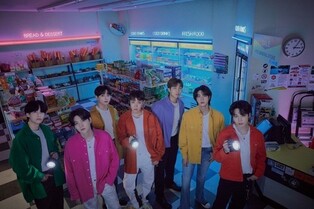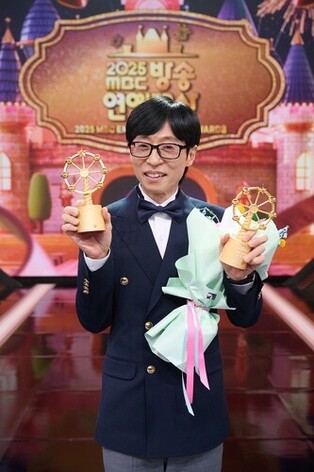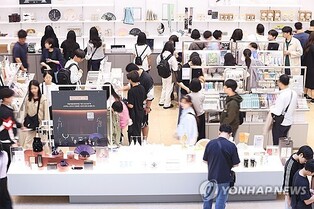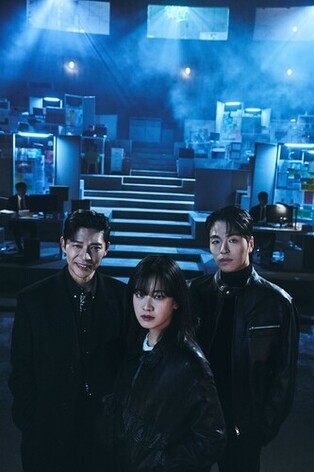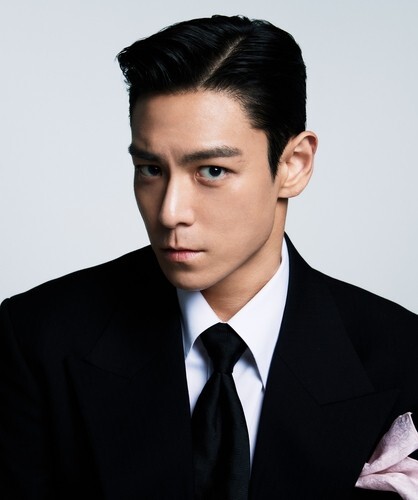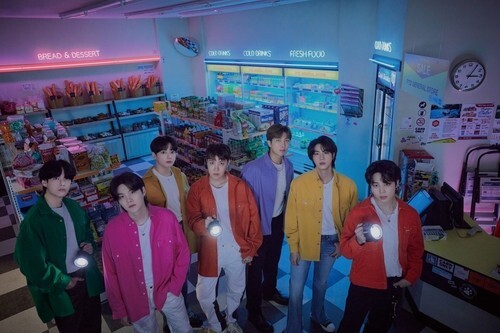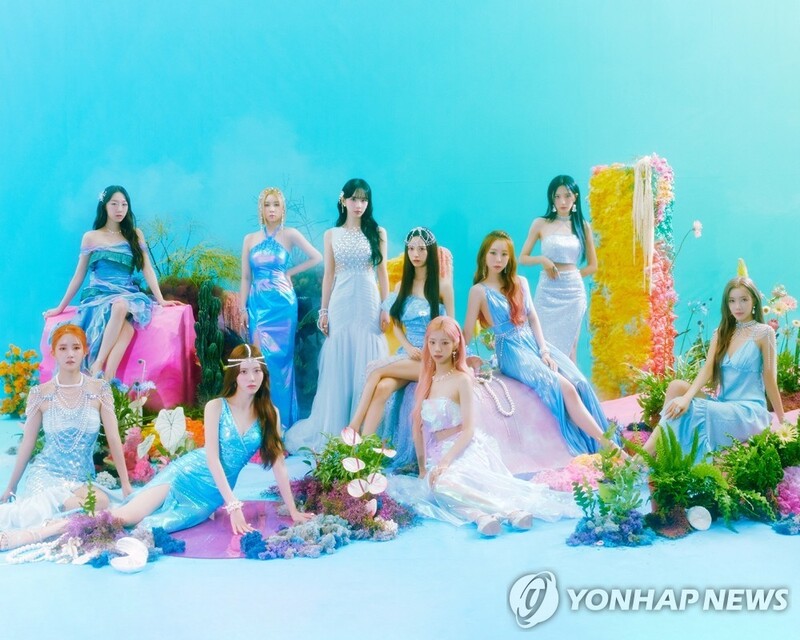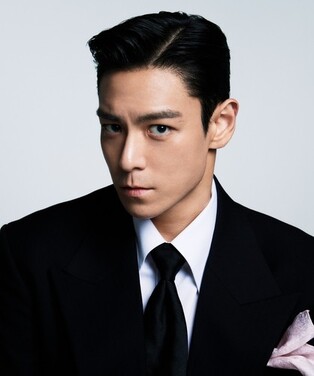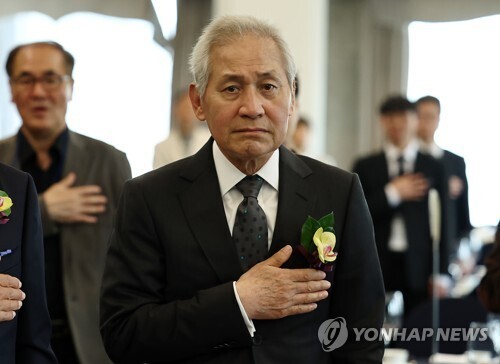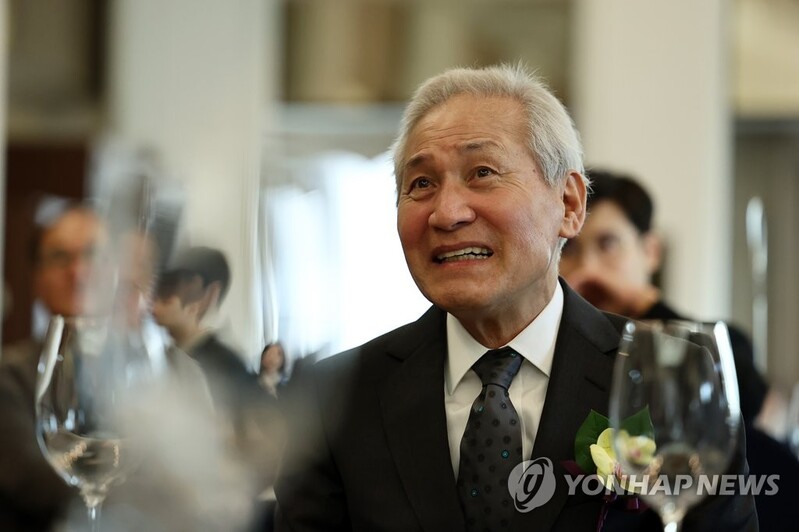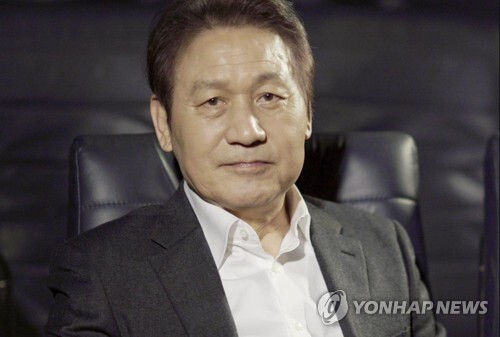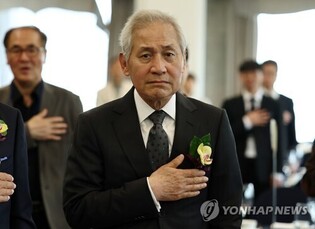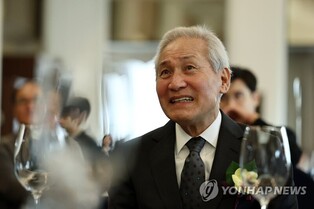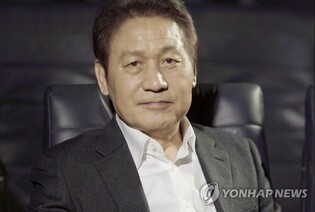*Editor’s note: K-VIBE invites experts from various K-culture sectors to share their extraordinary discovery about the Korean culture.
Matthew Lim's AI Innovation Story: AI Competitiveness and Labor Issues
By Matthew Lim, AI expert and director of the Korean Association of AI Management (Former Head of Digital Strategy Research at Shinhan DS)
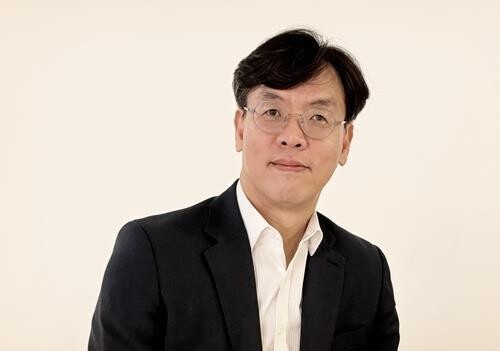
Do you remember the scene in The Social Network where Mark Zuckerberg spends the night coding in his dorm room?
He was completely immersed in creating Facemash, the precursor to Facebook, without any regard for time. Many of Silicon Valley’s most innovative companies were born from this kind of passion and focus.
Behind the founding stories of global giants like Google, Tesla, and Apple, there was always a sense of timeless immersion.
However, under South Korea’s current 52-hour workweek regulation, it has become difficult to legally maintain such dedication and enthusiasm. Even if a brilliant idea emerges, researchers must stop working once their legally allowed hours are up.
In an era where global AI competition is intensifying by the day, this means that South Korean researchers face a fundamental handicap.
◇ The Reality of R&D Under the 52-Hour Workweek
South Korea implemented the 52-hour workweek in 2018, gradually expanding its enforcement. While this system has brought many benefits—improving work-life balance and preventing overwork—it has also raised concerns in certain industries, especially research and development (R&D).
A survey by the Korea Chamber of Commerce and Industry and the Korea Industrial Technology Association found that 76% of corporate R&D departments reported a decline in research output after the introduction of the 52-hour workweek.
The most significant impacts were seen in product improvement (34.6%), accumulation of researcher expertise (28.5%) and development of new manufacturing processes (25.3%).
One AI researcher lamented, "When I come up with a new algorithm idea, my overseas colleagues can immediately start experimenting, while I have to wait until the next morning because of my weekly work-hour limit."
Since research work relies heavily on continuity—testing ideas as soon as they arise—current regulations make it difficult to maintain the flexibility necessary for innovation.
◇ Research Culture in Global AI Companies
How do world-leading AI companies operate?
Organizations like OpenAI, Google DeepMind, and Anthropic offer flexible work environments centered around researchers. While they comply with labor laws, they provide scientists with autonomy to complete projects as needed.
In the U.S., the Fair Labor Standards Act includes a White-collar Exemption clause, which means that certain professional workers above a specific income level are not subject to work-hour limits.
Instead of receiving overtime pay, these employees have the legal flexibility to work as long as necessary to complete their projects. As of July 2024, the threshold for exemption is a weekly salary of $844 (about $43,888 annually, or 62 million won).
Highly compensated employees earning over $107,432 annually (about 150 million won) are subject to even simpler exemption criteria.
Unlike South Korea’s rigid 52-hour cap, this approach gives researchers the autonomy to manage their time effectively.
Japan adopted a similar model in 2018, implementing the Highly Professional System in April 2019. This system relaxed work-hour regulations for employees earning over 10.75 million yen annually (about 97 million won).
However, it also mandates a minimum of 104 days off per year and requires health management measures.
◇ The Reality of South Korea’s AI Competitiveness
According to Stanford’s AI Index Report 2023, South Korea lags significantly behind the U.S. and China in AI-related metrics such as research paper citations and patent filings.
A report by Boston Consulting Group (BCG) classified South Korea as a "Steady Contender" in its global AI maturity assessment—far behind the "Pioneers" group, which includes the U.S., Canada, China, the U.K., and Singapore.
The gap is even more pronounced in large-scale AI model development.
The Korea Institute for Advancement of Technology (KIAT) estimates that South Korea’s overall technology level in advanced fields is only about 86% of the U.S.. This disparity is not solely due to working-hour regulations but also factors such as investment scale, talent acquisition, and research infrastructure. However, research immersion is undeniably a critical element.
South Korea must preserve the core intent of the 52-hour workweek—protecting workers—while recognizing the unique demands of cutting-edge AI research. A "smart exception" should be introduced to reflect these realities.
The country should consider exempting highly skilled professionals from rigid work-hour limits, similar to the U.S. and Japan. However, to prevent abuse, clear eligibility criteria should be established, such as holding a Ph.D. in a relevant field, having 10+ years of industry experience, and others.
This ensures that only highly qualified researchers, rather than general employees, receive work-hour flexibility.
Rather than measuring productivity in hours worked, South Korea must transition to results-oriented assessments. Global AI firms retain top talent partly due to strong performance-based incentives. Adopting similar compensation models could improve both innovation and retention.
A tripartite monitoring system involving the government, corporations, and labor organizations should be established to regularly review policy effectiveness, prevent exploitation or misuse of the system, and ensure equitable working conditions.
Any violations should be met with strict penalties to prevent labor abuses.
Extreme deregulation risks harming worker rights, while excessive rigidity could stifle innovation. South Korea must find a middle ground. Work-hour flexibility should be strictly limited to creativity-driven sectors like AI, without spreading to general labor markets or enabling worker exploitation.
Though this discussion has focused on AI, the need for work-hour flexibility applies broadly to biotechnology, advanced materials, space technology, and quantum computing.
Ultimately, the goal is not just to advance one sector, but to enhance South Korea’s overall research and development competitiveness.
For South Korea to maintain its global technological edge, researchers must have an environment that maximizes creativity and deep immersion.
At the same time, safeguards must prevent overwork from becoming normalized or romanticized.
It is now time to develop a uniquely Korean solution—one that upholds both technological leadership and worker rights through a balanced, pragmatic approach.
(C) Yonhap News Agency. All Rights Reserved

















